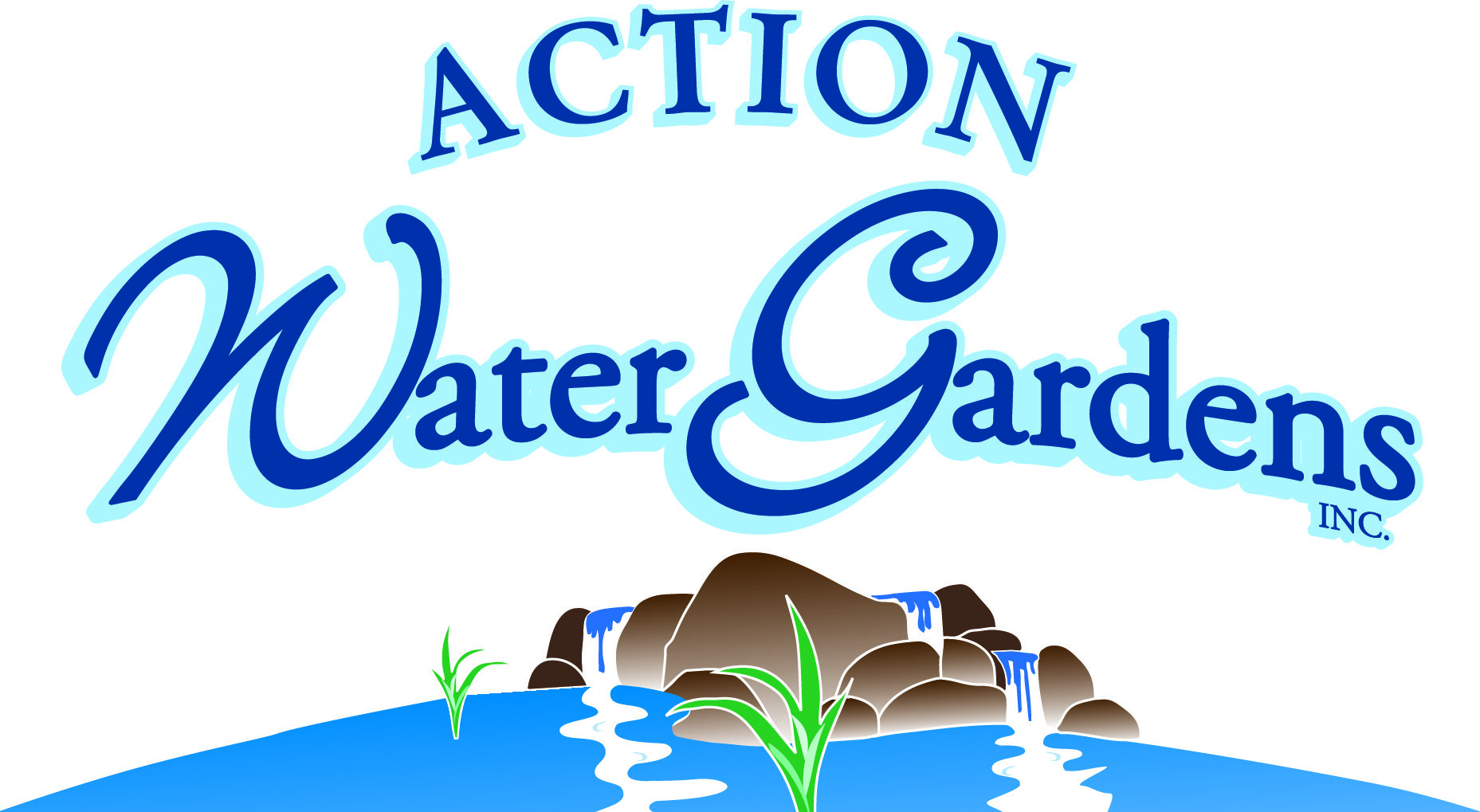The Heart of the Water Garden
One of the most important parts of a water feature is the pump... DUH. It is in fact thee plastic pulmonary pull that provides the ecological system with the metaphoric blood of the pond. It acts like a little heart, circulating and delivering nutrients, treatments and oxygen to the pond body. If cared for properly, much like a normal human heart, a pump can live a healthy life of 7 pond pump years! This is a pretty good life-span considering the amount of work and run time that is put on these pumps. In order to ensure the luscious longevity of these submersible pumps, we must and may take a few extra steps to be sure not to abuse them too badly, especially if you are running it 24/7.
One of the most important things to keep in mind is… NEVER let your pump run dry for any amount of time… I feel like this is obvious but obviously it has to be said if it is a common issue amongst the common homeowner. If the pump runs dry for too long it will almost undoubtedly and most certainly cause irreversible pump damage to the internal mechanisms of the pump. It’s also a smart pump idea to check your debris basket a few times a week if you have a skimmer unit. Removing extra debris will prevent water blockage and there so in hereby after… the water will be able to flow freely to the pump. YAY.
Another step you can take is to check the intake screen on the pump at least once a month. If it is clogged then you should definitely remove any debris and clean that bad boy out. This in turn will help prevent your pump from suffering from dry pump syndrome. Symptoms include but are not limited too: loud noises, poor flow, electrical shortages, sputtering of the impellor and/or immanent pump failure. Skimmer mats should and can be checked for excessive debris also. How frequently you clean said addressed mats will depend on external factors such as tree coverage in your area. One should and will want to check the impeller every once in a while as well, user discretion is advised. Cleaning the impellor out and keeping it as clean as possible will ensure that it can continue to spin freely.
If you have a smaller water feature or you do not run your pond in the winter then you will need to remove the pump from the system entirely. Leaving the pump in a frozen pool of water will shorten the life span of the pump, and could even cause damage that cannot be fixed. We recommend keeping the pump in a dry place like a basement or garage that will not freeze.
So now after you have educated yourself a little more on one of the most important components of the pond, you should and will have the confidence to troubleshoot and maintain peace during the next time a pesky pump problem pops up in your pond.
